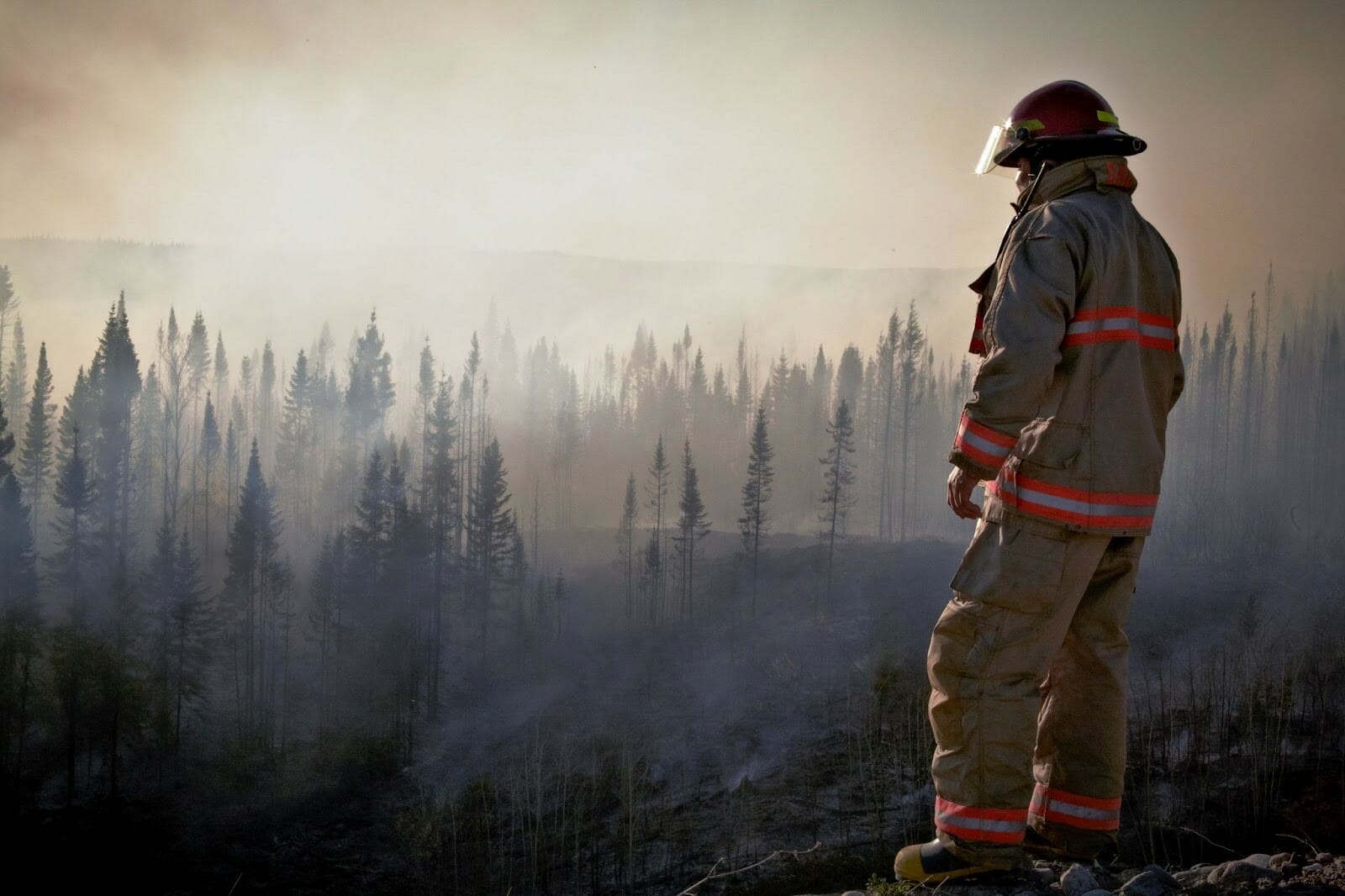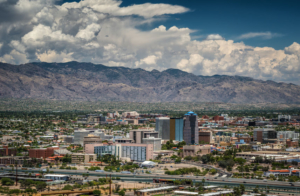The unpredictable nature of natural disasters, including hurricanes, earthquakes, and floods, can leave communities without power for extended periods. This can result in a domino effect, causing disruptions in communication, emergency services, and access to essential resources.
In this blog post, we delve into the lifesaving potential of portable power stations during such catastrophic events. These compact power sources play a critical role in providing electricity when it’s needed most and serve as invaluable tools for both emergency response teams and disaster survivors.
Maintaining Communication
During natural disasters, communication is key to both rescuing stranded individuals and coordinating relief efforts. The lfp portable power station can keep phones, radios, and other communication devices charged and operational, allowing people to contact emergency services and stay informed about the situation. This can make a significant difference in the outcome of a disaster, as well-organized communication networks can save countless lives.
Providing Light And Heat
After a natural disaster, many areas may be without power, leaving people in the dark and cold. Portable power stations can be used to power lighting systems and portable heaters, providing much-needed warmth and visibility during these trying times. This can help prevent accidents, injuries, and hypothermia, as well as offering comfort to survivors.
Powering Medical Equipment
Portable power stations can also be crucial in providing power to medical equipment during natural disasters. Emergency response teams often rely on portable defibrillators, ventilators, and other life saving devices that require electricity. Access to a reliable power source can mean the difference between life and death for many patients.
Charging Batteries For Rescue Tools
Many rescue tools, such as hydraulic cutters, extrication equipment, and power saws, require battery power to function. Portable power stations can charge these batteries, ensuring that rescue teams have the tools they need to save lives.
This can be especially important in the aftermath of earthquakes or building collapses, where people may be trapped beneath rubble.
Purifying Water
Clean water is essential for survival, and natural disasters often disrupt or contaminate water supplies. Some portable power stations come equipped with water purification systems, providing clean drinking water for survivors. This can help prevent dehydration and the spread of waterborne diseases, which can be a significant concern during disaster recovery efforts.
Preserving Food And Medication
A reliable power source is also necessary for preserving perishable items like food and medication, which may be in short supply after a natural disaster.
Portable power stations can power refrigeration units, allowing survivors to store perishable items safely. This can help prevent food spoilage and ensure that essential medications remain effective.
Supporting Remote Emergency Services
In remote or rural areas, access to emergency services may be limited during a natural disaster. Portable power stations can provide the necessary electricity for temporary emergency shelters, mobile command centers, and field hospitals.
This enables emergency personnel to operate in areas where they are most needed, even if the local power infrastructure has been damaged.
Facilitating Rapid Charging Of Electric Vehicles
Electric vehicles (EVs) are increasingly becoming a primary mode of transportation for many people. During natural disasters, these vehicles may need to be charged quickly for evacuation or transportation purposes.
Portable power stations are capable of rapidly charging electric vehicles, allowing them to be used for various purposes, such as transporting injured individuals to medical facilities or helping families evacuate to safer locations.
Conclusion
Portable power stations serve as a beacon of hope during natural disasters, supplying much-needed electricity for critical functions like communication, lighting, medical equipment, and more. By providing communities with these versatile devices, lives can be saved, and the overall disaster response can be significantly improved. It’s essential for individuals, families, and communities to recognize the value of portable power stations and consider incorporating them into their emergency preparedness strategies. Ultimately, being well-prepared can mean the difference between life and death when disaster strikes.




